By Christian Veyre.
In 2050, the global population could reach 10 billion people. And even if worldwide population growth slows down, agriculture will be faced with never-before-seen challenges: increased production, dietary changes, adaptation to climate change, management of health risks, etc. For Yael Rozencwajg, the CEO of Blockchain Israel and a startups mentor at Google, these technologies will play a role in this agricultural and dietary transition.
As we listen to Yael Rozencwajg, nestled in her armchair, our sweat glands are put to the test. The ground nearly disappears from beneath our feet. We even feel a bit dizzy! “The agricultural sector is about to experience a major change. We have a generation in which to prepare for this transition and adapt to the paradigm shift.”
“Unseen potential”
The challenges are enormous, nearly insurmountable: increasing production, changing demand, especially for fresh, organic and ethical products, increased traceability and safety expectations, productivity and competitiveness gains, logistical efficiency from farm to table, waste reduction (1/4 of production, according to the FAO), better pay for farmers, less volatility in the prices of raw materials, etc.
All of these issues have little effect on Yael’s enthusiasm: “We can’t fix everything by snapping our fingers. But many startups around the world are already tackling these topics and finding solutions. It’s only a matter of time. Blockchain combined with IoT (internet of things) has unseen potential.”
Creating value, bringing people together, increasing trust
A first example of an application, according to Yael Rozencwajg: the supply chain. “Today, it is estimated that 500 million small farmers supply nearly 80% of worldwide distribution. Half of the world’s population makes a living through farming. But very few of them live well or decently from their work. If you add logistical costs, storage expenses, etc., 1/3 of the food product’s price evaporates.”
The risks related to the many human and technological interventions in the supply chain increase the risk of contamination and viral spread. Blockchain solutions can be used to certify the steps, possibly limit the traditional intermediaries in certain sectors, optimize the organization of the information in the chain (ledger) and prevent the risk of lack of supply by indexing products.
“Ensuring increased traceability”
The new technologies also enable the use of advanced packaging and conservation solutions, raising the possibility of using a collaborative economic strategy to optimize delivery and distribution costs, making rarer agricultural products more accessible in markets, which builds ties between producers and consumers. “Yes. And at the same time, they ensure increased traceability and product transparency and allow the use of chemical inputs to be fine-tuned.”
Yael Rozencwajg believes that the areas of application of Blockchain technology in the farming and agro-food sectors are infinite: “Blockchain is incorruptible. It allows value to be exchanged without intermediaries and will eventually encourage the development of more collaborative relationships. Today, with smart contracts, some farmers can already purchase their raw materials with cryptocurrencies. In the future, smart farms will analyse themselves and farmers will be more agile in managing their cash and the time they devote to operations. Not to mention the fraud and corruption in certain countries, which will become a thing of the past thanks to increased transactional transparency.”
In short, with blockchain, the grass will be greener throughout the agricultural sector.
Originally published in Ouest-France “Blockchain : Un fertilisant d’avenir pour l’agriculture.“

